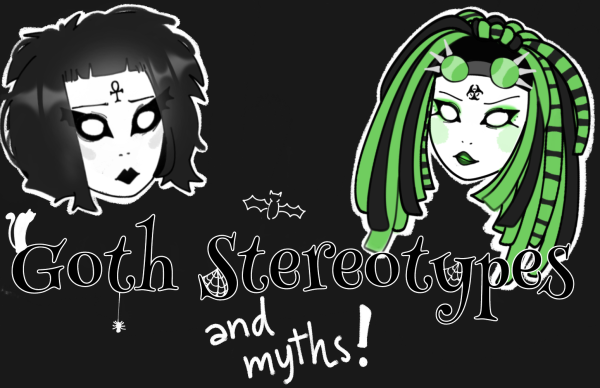True Crime: When Podcasts Become Problematic
Throughout the years, people have been fascinated by conspiracy theories and unsolved mysteries. Such interest brought many to start their own podcasts, YouTube channels or blogs dedicated to sharing their opinions on these unanswered mysteries. With popular channels like Kendall Rae, Defunctland and Buzzfeed Unsolved sharing captivating videos online, the community of conspiracy theorists and true crime listeners is vastly growing. Informing others on crime cases is not a problem. However, it becomes a problem when content creators and their audience go out of their way to blame innocent people, get the facts wrong or don’t reach out to family members of the victims for their consent to share their story.
During the Idaho murder case that occurred in late 2022, many TikTok users shared their opinions on the case. Some claimed that the roommates of the victims were accused of killing the victim because they weren’t injured. There are many things wrong with this. The media does not share enough information with the public for them to start pointing fingers. Moreover, it’s unethical to minimize their feelings after they experienced something immensely traumatic. People on the internet watch a season of Criminal Minds and suddenly believe they have the qualifications to solve a case. It is difficult to imagine how the girl’s parents must have felt as they watched strangers on the internet psychoanalyze their children. The public will never know the whole story behind a case. A majority of the information the police discover is retained to not alert the suspect. Harassing people involved in a crime because they ‘raise an eyebrow’ is infernal and ridiculous as blaming innocent people could negatively affect them mentally and potentially ruin their lives. It’s best for the public to stay out of it and leave it to the authorities.
The amount of podcasters that don’t do enough research or aren’t factually correct in what they’re saying is too high. For example, in 2014 hosts of the Spotify podcast “Sons Of A Hitman,” misrepresented the purpose of their podcast to a witness. The podcast only used 5 minutes of the 90 minute interview in their episode. The audience was led to believe that the witness was involved in a scheme to unfairly convict the defendant. The bare minimum true crime content creators can do is share people’s stories accurately to prevent defamation. Misinformation can lead to wrongful convictions, as previously stated, causing harm to the people involved in the case. Additionally, some creators add joking remarks to the content they produce to make it more entertaining for viewers. The YouTube channel Buzzfeed Unsolved is notable for bringing light to eerie content. When done precipitously, it can come off as disrespectful when creators do this. It’s inappropriate to crack a joke to alleviate the situation in the middle of explaining how someone lost their life.
Furthermore, if creators are going to profit off of retelling a family’s tragedy, they should at least ask for their permission. Some families ask for privacy and ask for their case to be left alone. The last thing they want is to relive a traumatizing event and rightfully so. Losing a loved one is a heavy feeling; constantly being reminded about it mentally harms the victim’s family members.
It’s not to say anyone that listens to the “Morbid” podcast or watches “Crime Hound” is an awful human being. However, the content should be consumed and produced with deference. The content we watch for “entertainment and informal” purposes involves real people with real lives and real events.








